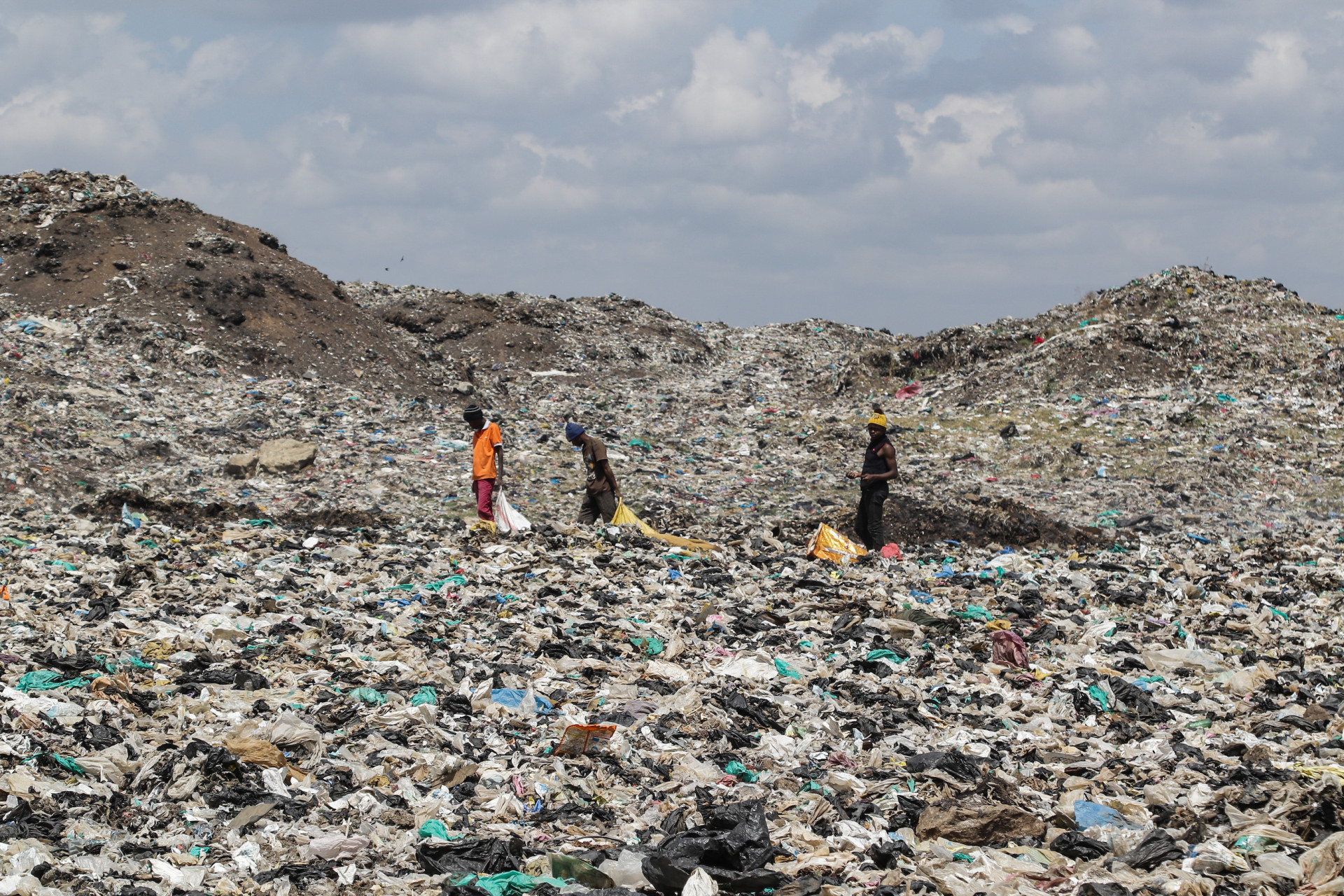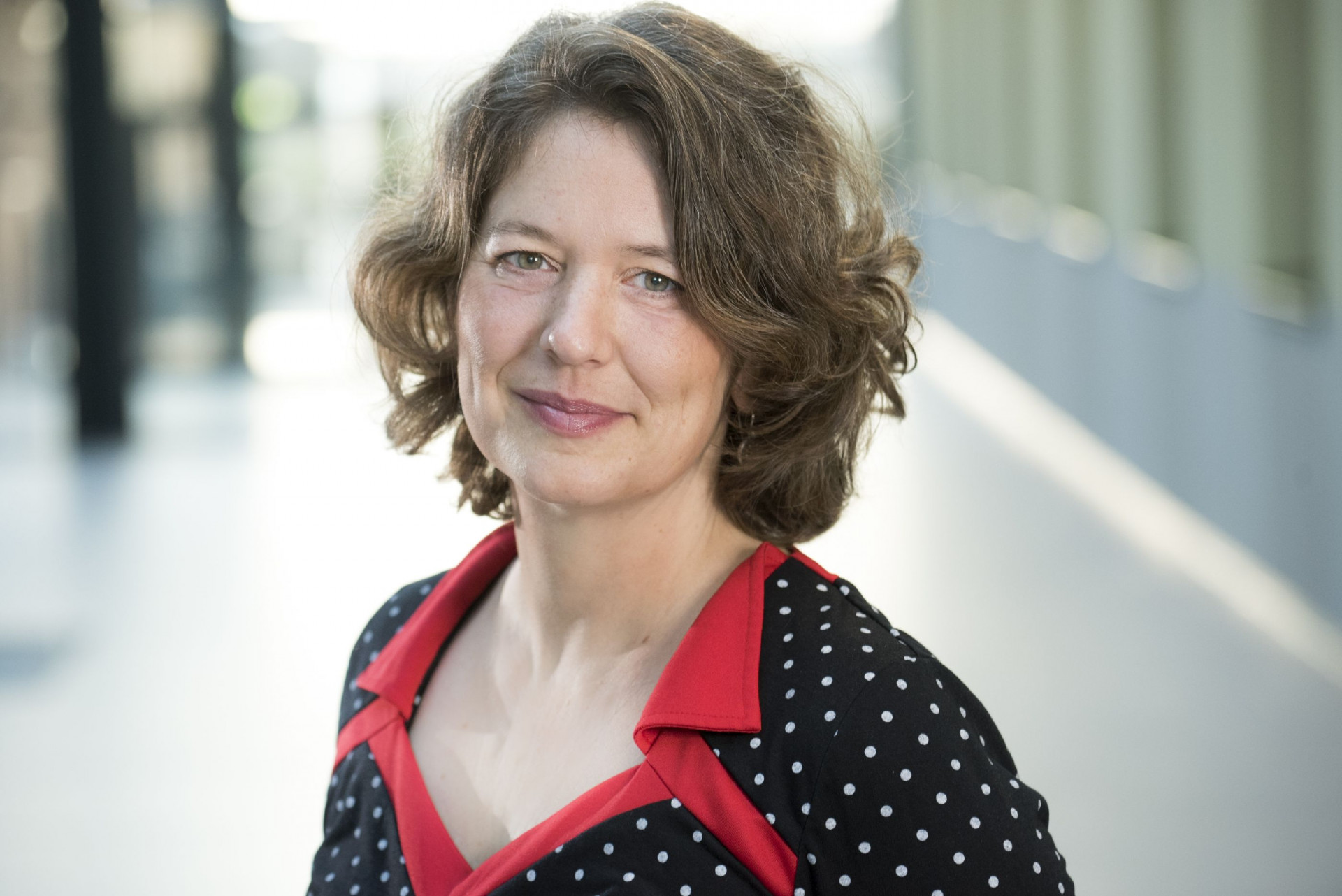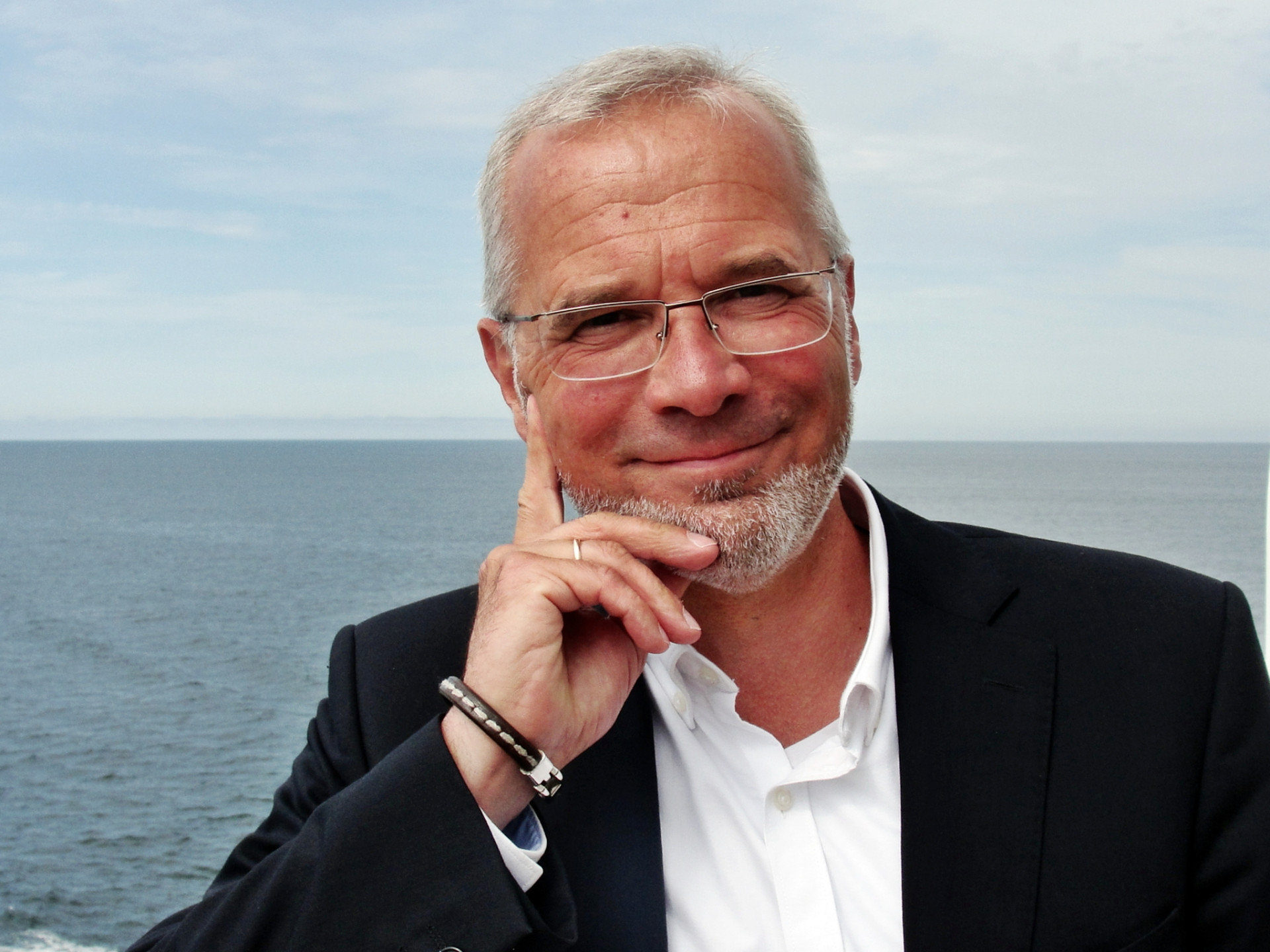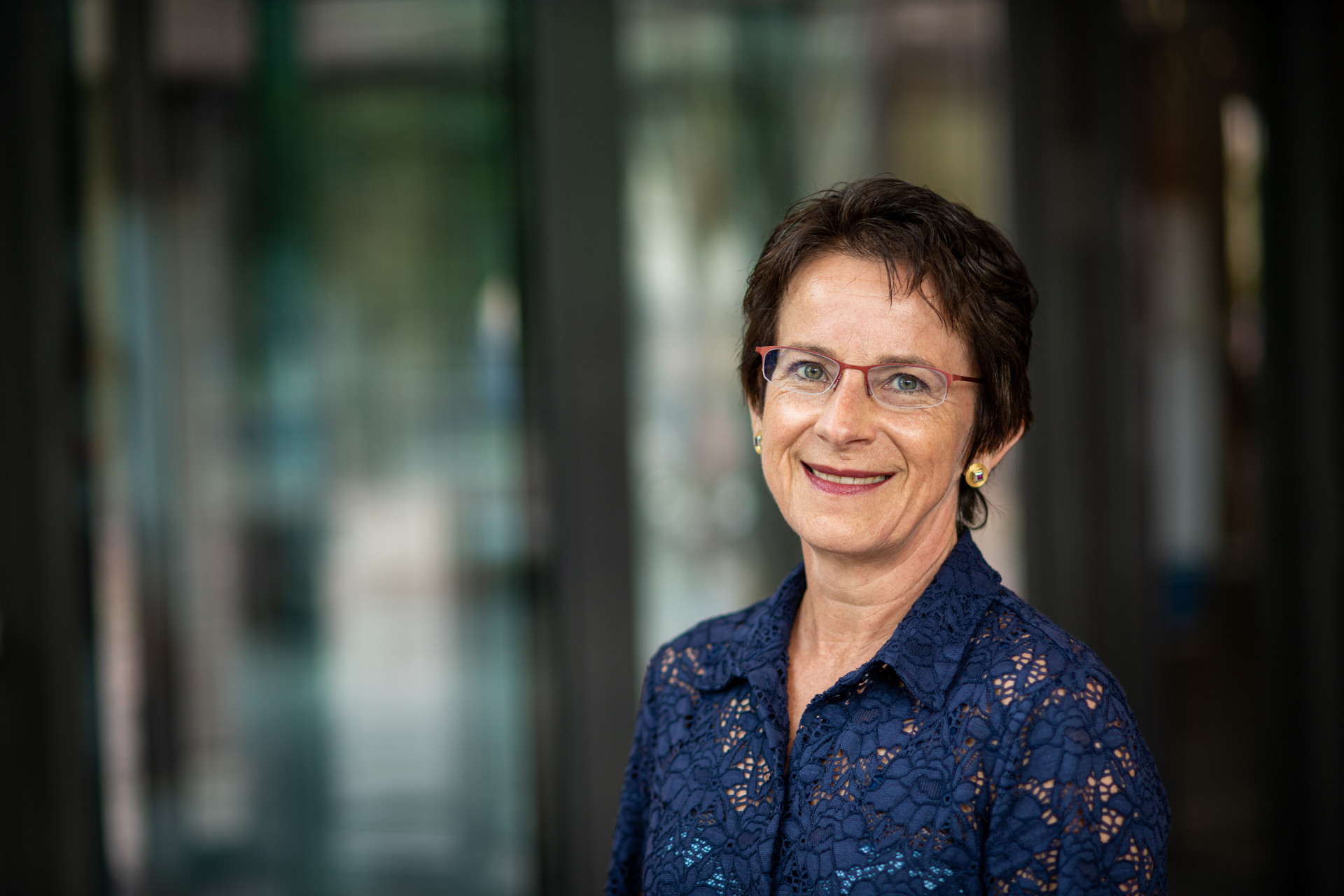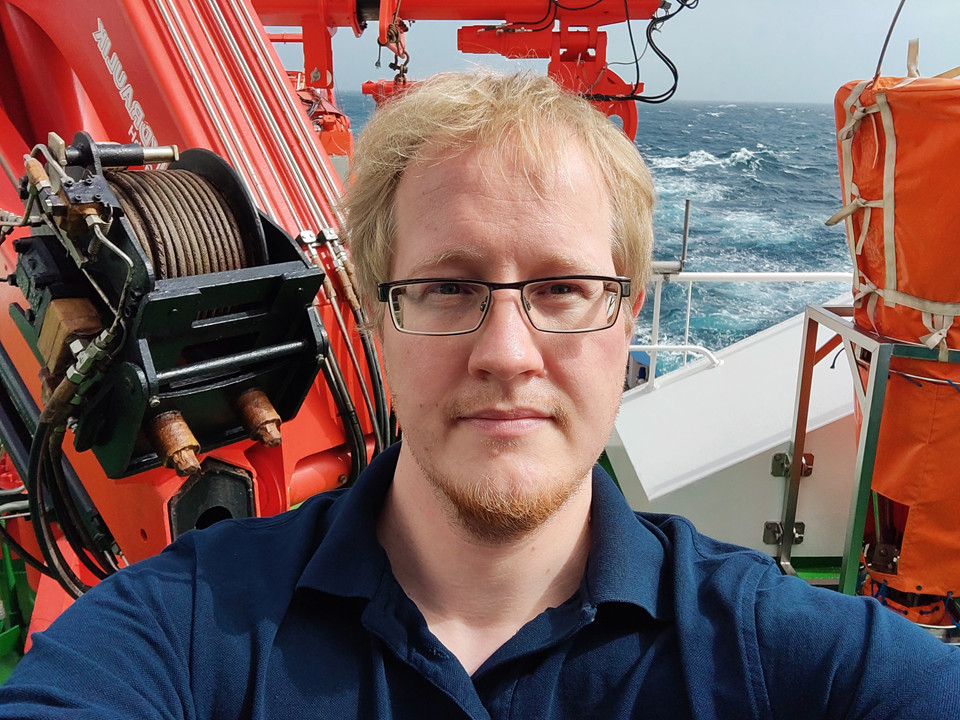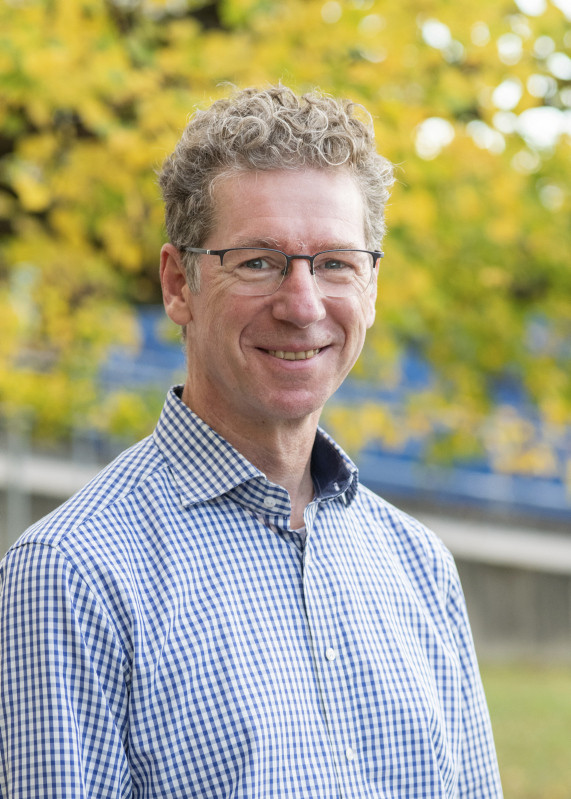Negotiations for global plastics treaty underway at UN
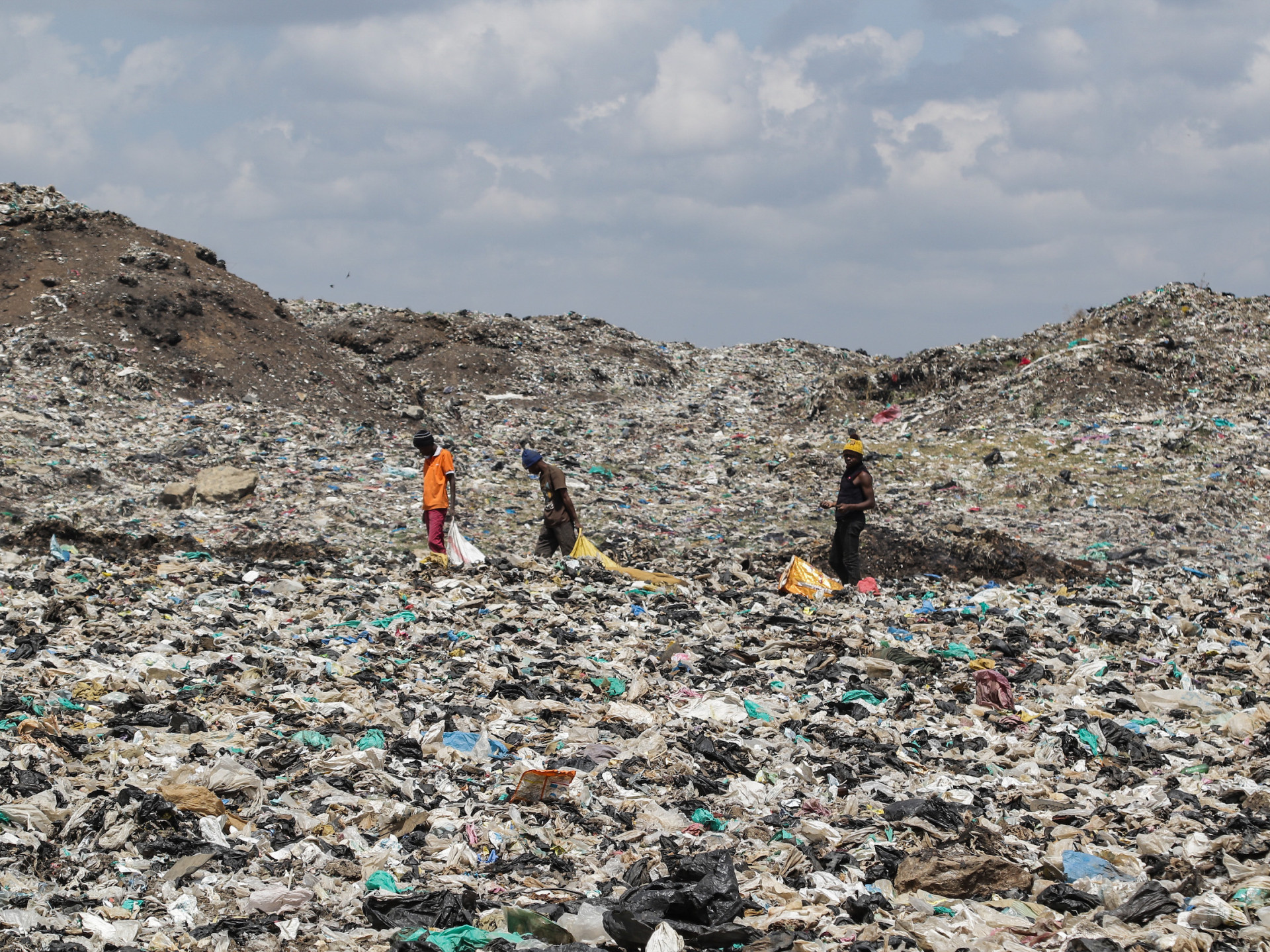
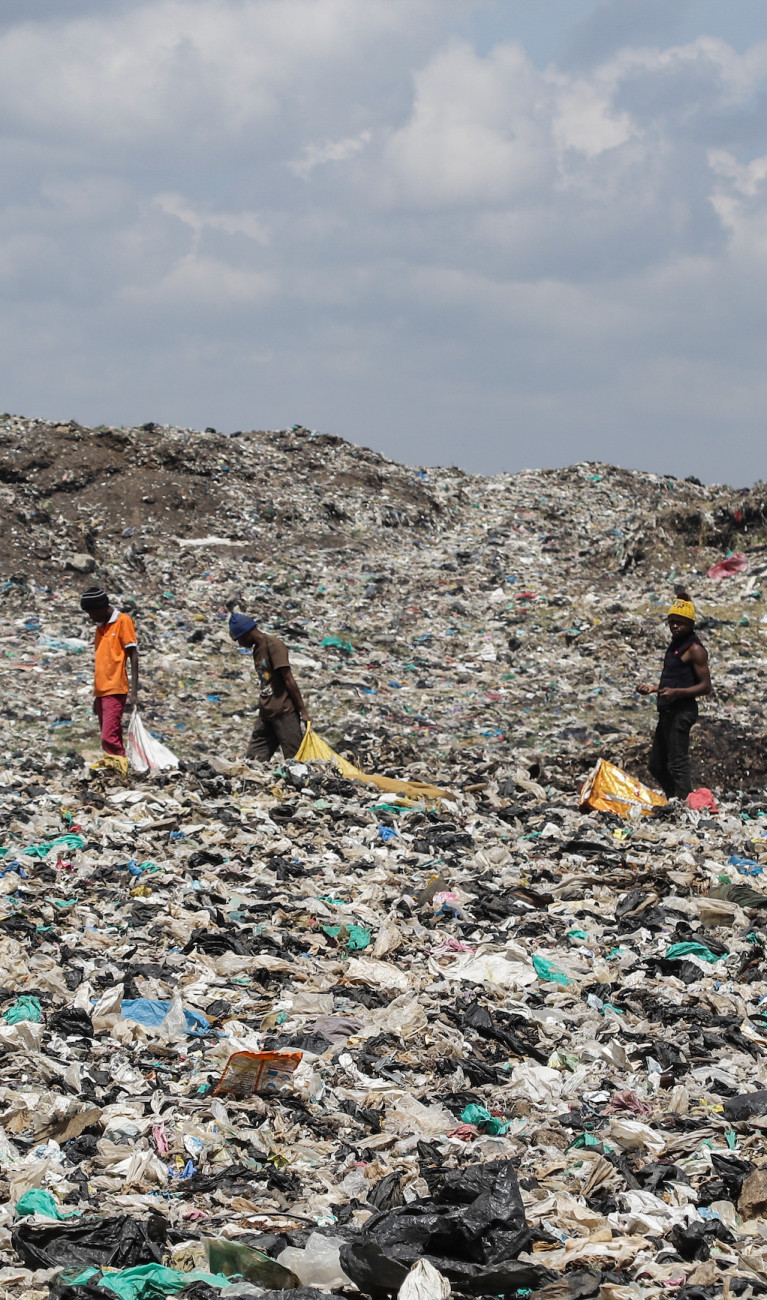
The global community has taken a decisive step toward resolving its problem with plastics. On March 2, 2022, the fifth session of the United Nations Environment Assembly (UNEA) issued a mandate to negotiate a comprehensive global plastics treaty. It should be ready in two years’ time. Experts at Helmholtz welcome this decision.
This week, experts from all over the world negotiated a global agreement on plastics at the fifth United Nations Environment Assembly (UNEA5.2) in Nairobi, Kenya. On Wednesday, 175 states adopted the mandate. In the words of Federal Environment Minister Steffi Lemke, “following the Paris Agreement, this resolution is the next key instrument for preserving our planet and a liveable environment”.
“Before the end of this year, an intergovernmental negotiating committee (INC) will convene. The INC will conduct an intensive series of negotiations, with the aim of presenting a global agreement to combat marine litter and plastic pollution in time for UNEA-6,” Lemke said. She expressed optimism that this will succeed. This would allow the treaty to take effect in 2024. For now, however, there still is no target date for a plastic-free environment.
Binding regulation of the entire plastics life cycle
Germany had cooperated closely in advance with Peru, Rwanda, the European Union, and other countries and supported the resolution submitted by Peru and Rwanda. Their proposal does not just give consideration to the negative impact had by plastics products and the chemicals contained therein; it would also introduce binding regulation. This would benefit all areas of the environment across the entire plastics life cycle – from production to consumption to disposal. More than 60 states voiced support for the resolution, and its key elements managed to prevail.
A passage on chemicals was dropped, as the New York Times reported. However, one day earlier, the UN Environment Assembly got a science-policy panel on chemicals and waste off the ground. The IPCP (International Panel on Chemical Pollution) is intended to summarize and evaluate the knowledge on this environmental issue, in a manner similar to that of the Intergovernmental Panel on Climate Change.
Representatives from the chemical and plastics industry had attempted to exert influence on the negotiations from behind the scenes in order to prevent restrictions on production, as an investigative report by Reuters brought to light one week before the negotiations. The current mandate now makes it possible to consider the entire process – not only the disposal, but also plastics production, packaging design, and disposable products.
Scientists called for a strong treaty ahead of the talks
In the run-up to the negotiations, numerous scientists and non-governmental organizations had called for a strong plastics treaty, emphasizing the significance for climate, biodiversity, and human health. In 2015, the plastics industry accounted for 4.5 percent of global greenhouse gas emissions, and the trend is rising. This is mainly due to the use of coal-powered energy.
Scientists from the Helmholtz centers, who are researching the effects of plastics on the environment and people, also welcome the UN's decision.
Related links
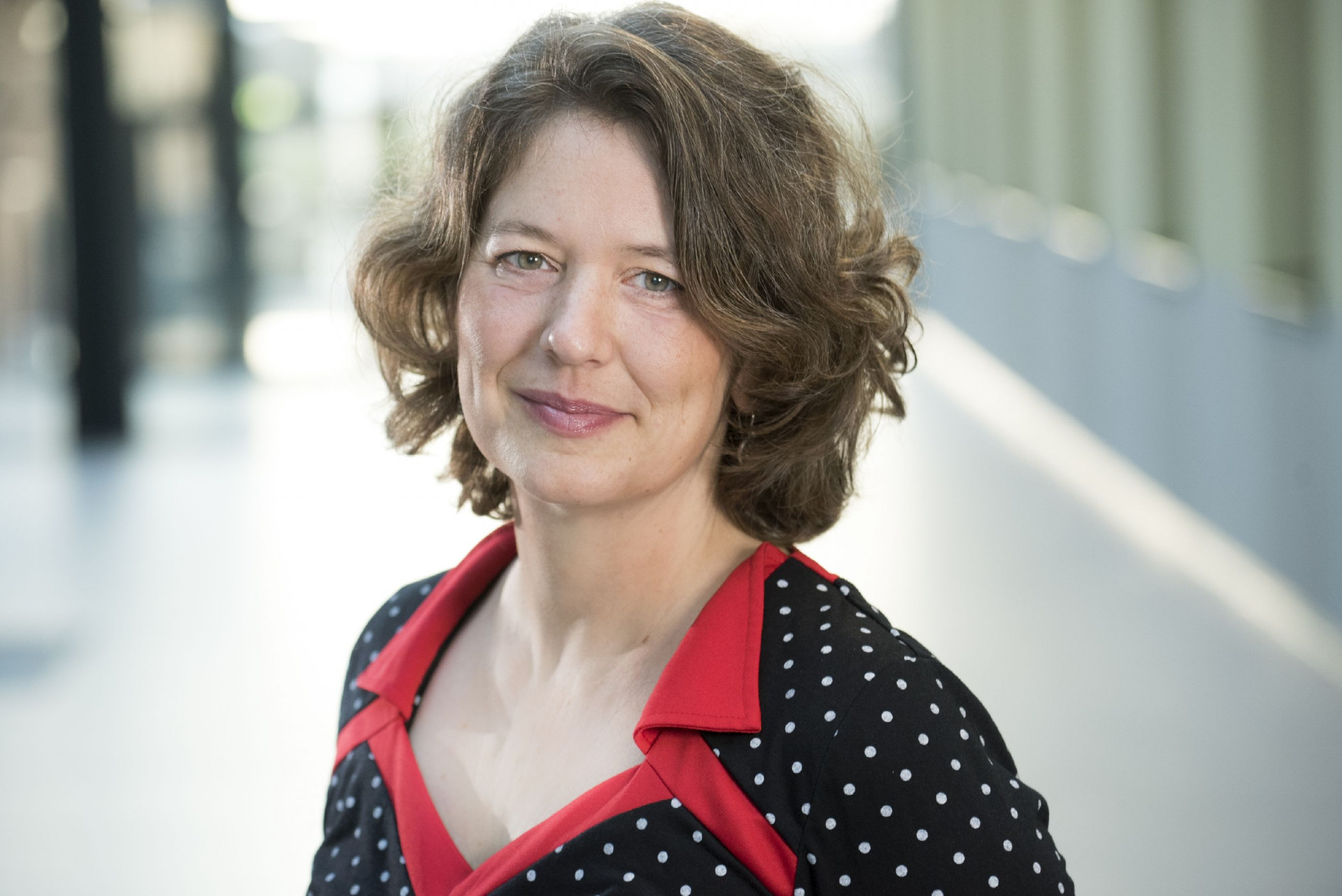

Melanie Bergmann, Alfred Wegener Institute (AWI)
“The mandate adopted for the negotiation of a plastics agreement instills a bit of hope, as it takes the entire life cycle of plastics into account multilaterally and is intended to be legally binding. After all, only in this way can we effectively combat the negative consequences for ecosystems, health, and, in particular, our climate. However, now the real work is just beginning. This means ensuring that the agreement be based on science, that it not get diluted in the end, and that, for example, the use of renewable energies also be enshrined in the production of plastics.”
Dr. Melanie Bergmann is a marine biologist and plastics researcher at the Alfred Wegener Institute Helmholtz Centre for Polar and Marine Research (AWI).
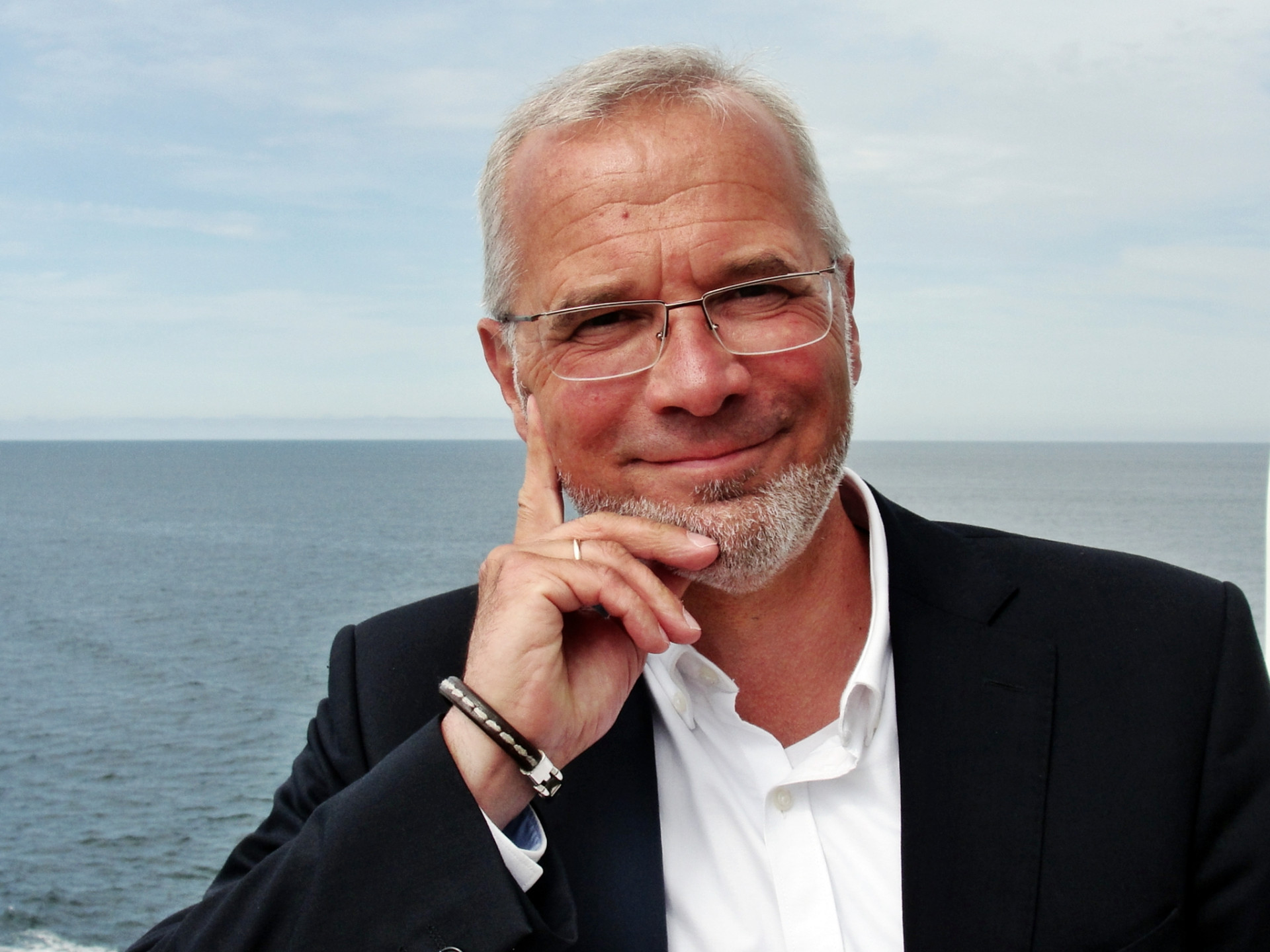
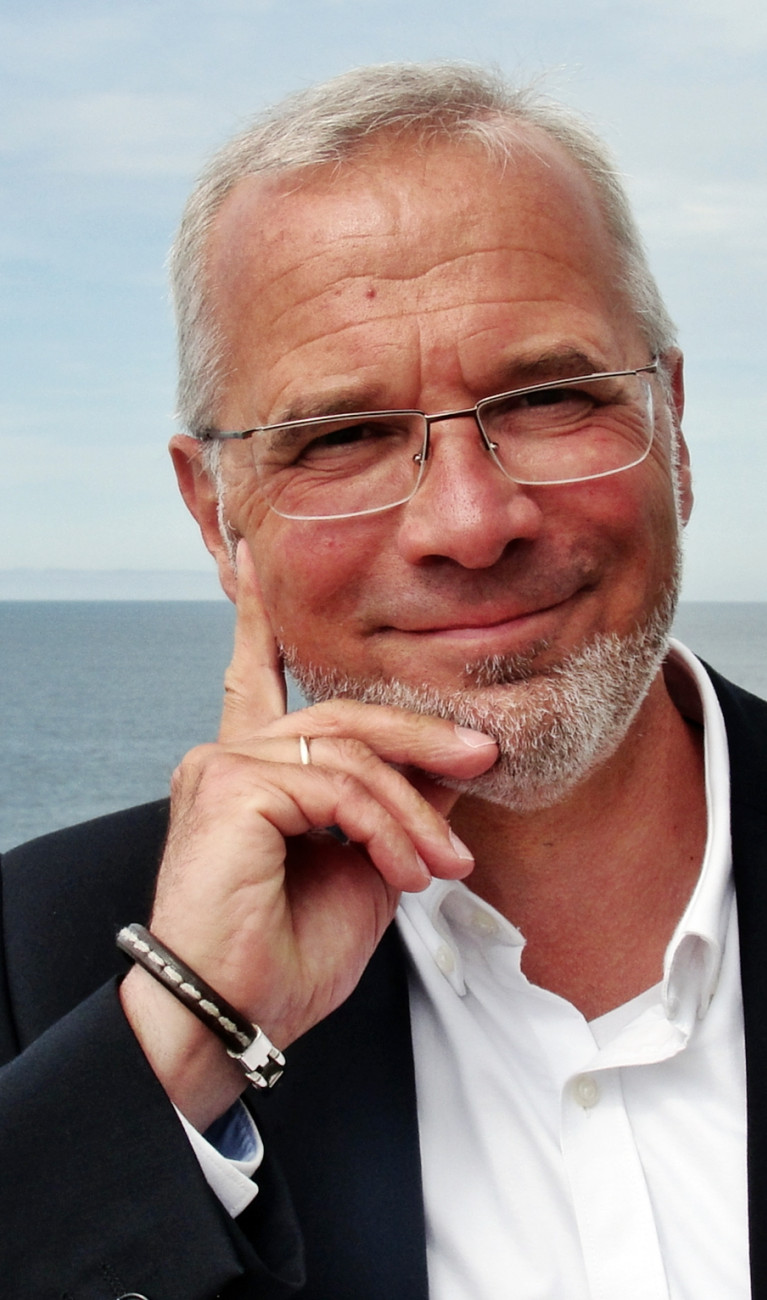
Ralf Ebinghaus, Helmholtz-Zentrum Hereon
“Depending on their size and how long they remain in the environment, microplastic particles can contain a wide array of chemicals. Some such chemicals are added deliberately during production, and others subsequently build up on the particle. In both cases, these substances can be harmful to human health, as they can enter the human organism like a Trojan horse. To my mind, it is imperative that such risks be taken into account in a global plastics agreement or in the context of a science-policy panel being established on chemicals and microplastics.”
Prof. Ralf Ebinghaus is the head of the Hereon Institute for Coastal Environmental Chemistry and conducts research on the incidence, residual nature, and significance of long-lasting and bioaccumulative substances in coastal, marine, and polar regions.
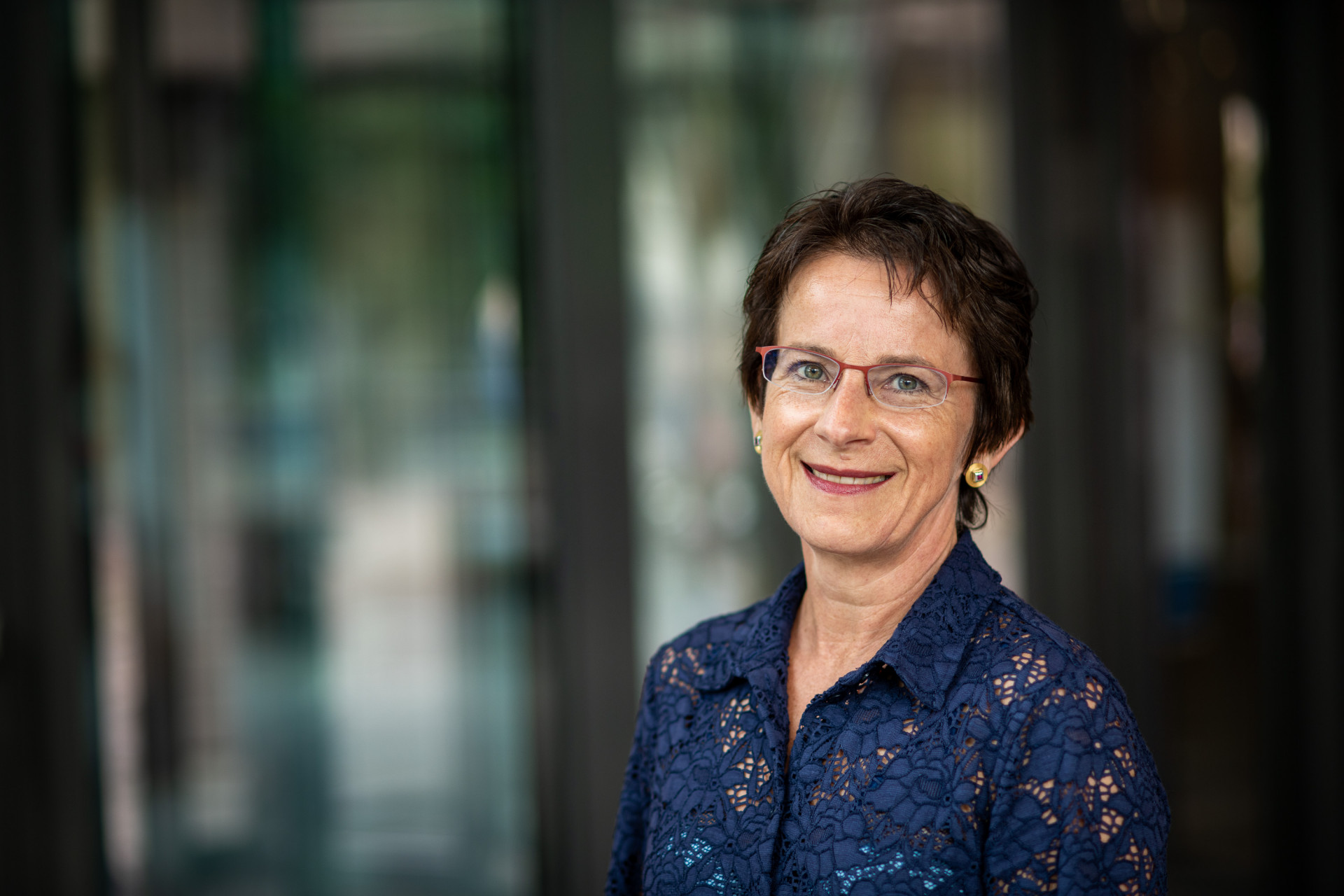
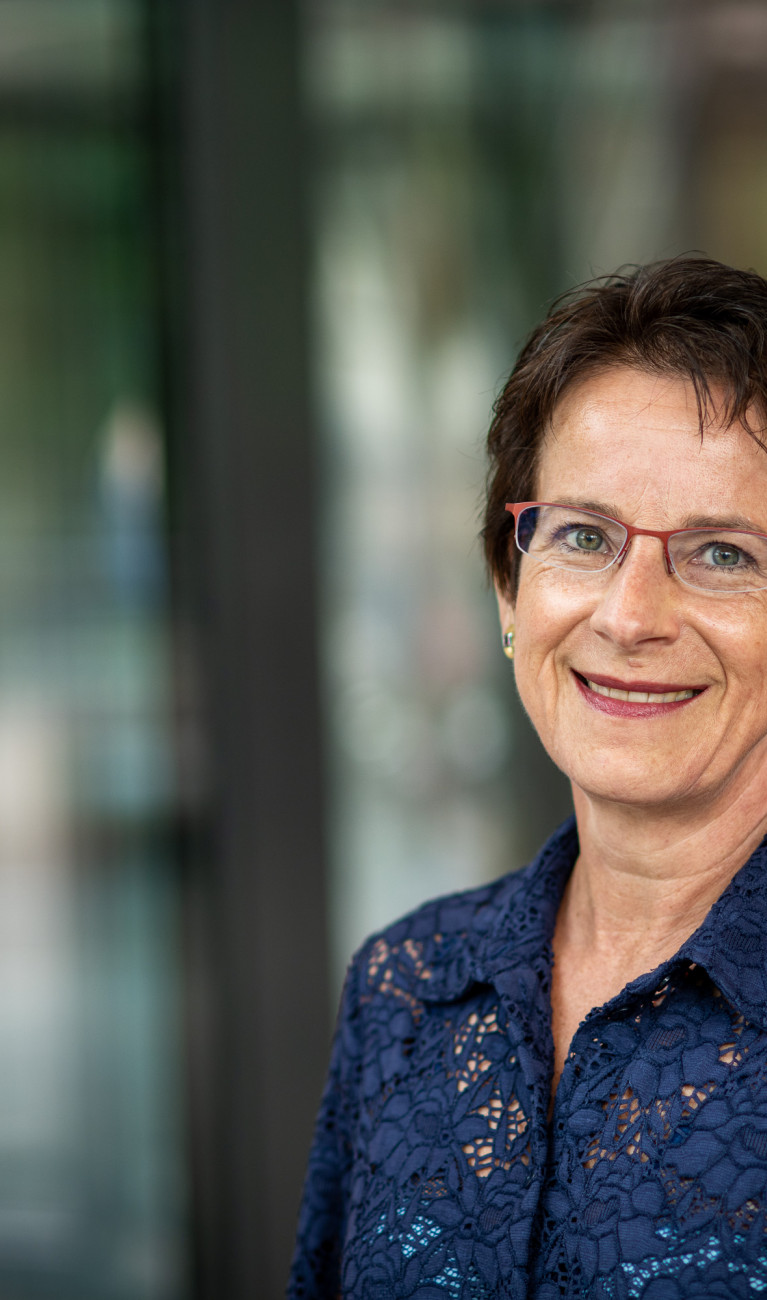
Katrin Wendt-Potthoff, Helmholtz Centre for Environmental Research (UFZ)
“Microplastics can now be found not only in the oceans, but also in inland waters such as reservoirs and dams, where minuscule plastic particles can be found deposited in the beds. It has not yet been conclusively determined what sort of long-term effect these deposits have on the ecosystem. It is thus important to take action globally at the political level in order to avoid potential risks.”
Katrin Wendt-Potthoff is a microbiologist at the Helmholtz Centre for Environmental Research – UFZ and spokesperson for the plastics workstream at the World Water Quality Alliance (WWQA).
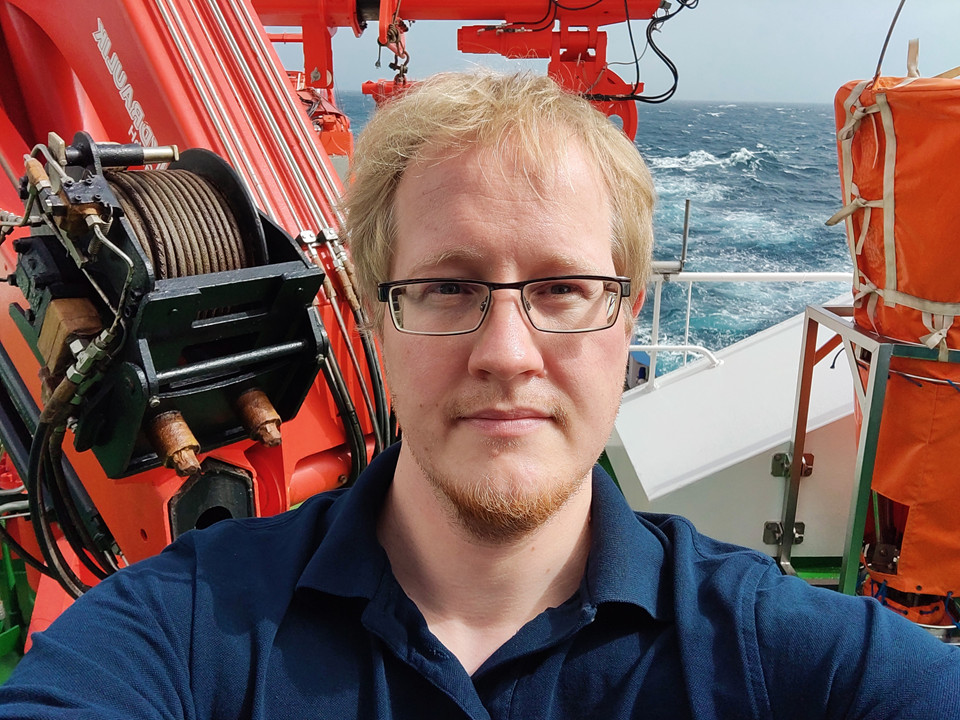
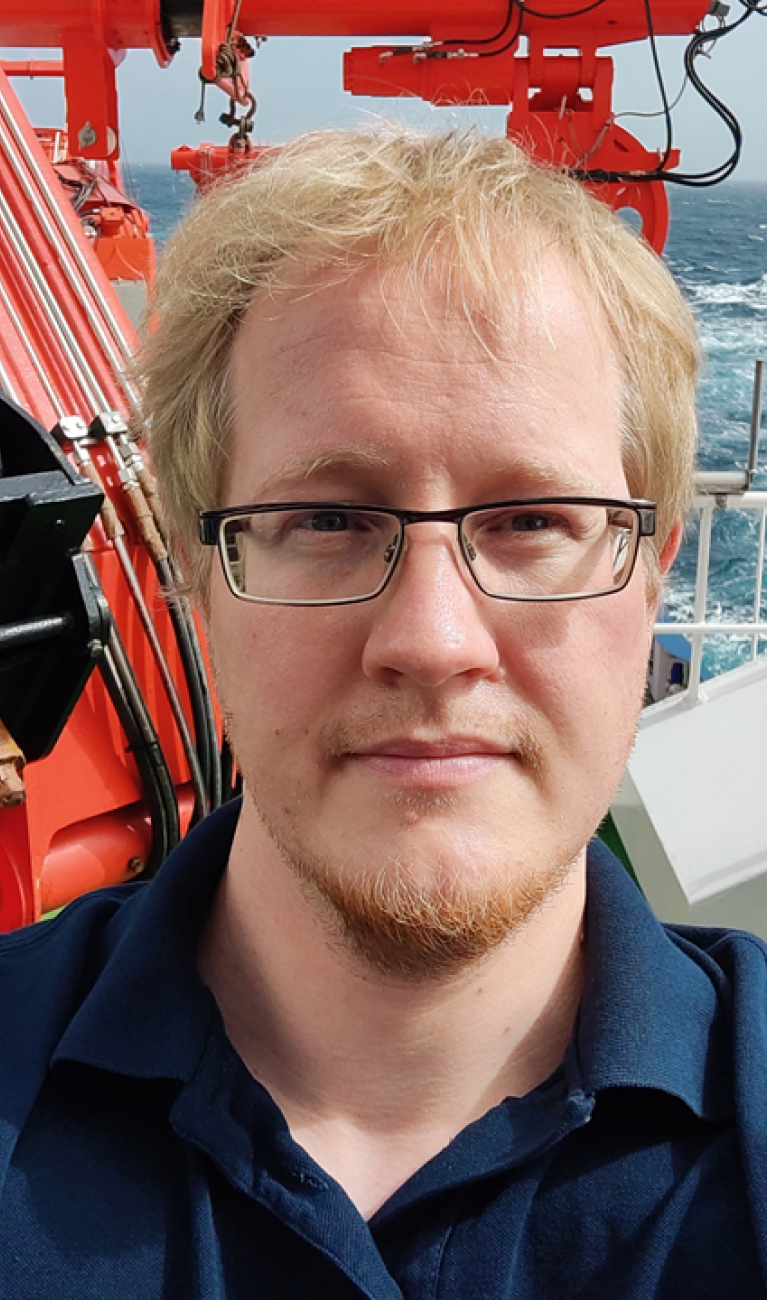
Erik Borchert, GEOMAR Helmholtz Centre for Ocean Research Kiel
“It is encouraging that a critical look is being taken at the entire life cycle of plastics. The more than 70 years of production and disposal processes polluting the environment in an unchecked manner must come to an end. Furthermore, there needs to be more transparency and better regulation in the production of plastics with its concomitant additives. Even though many chemical additives in plastics can have health effects, there is – as yet – no labeling obligation. Thorough labeling would also facilitate the development of natural microbiological processes for the decomposition of plastics.”
Erik Borchert is a microbiologist at the GEOMAR Helmholtz Centre for Ocean Research Kiel. He researches marine plastics as a source for new and innovative biotechnological strategies in the project PLASTISEA and risks to health of plastic additives in the project P-LEACH.
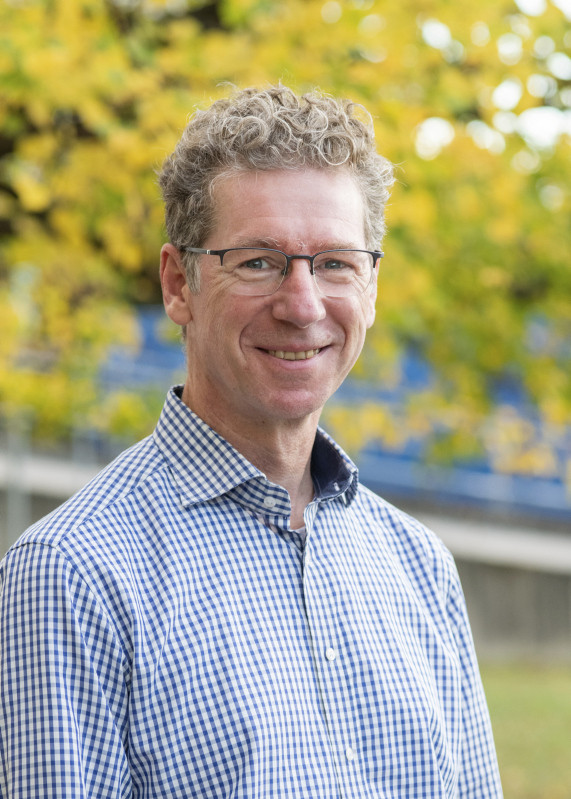
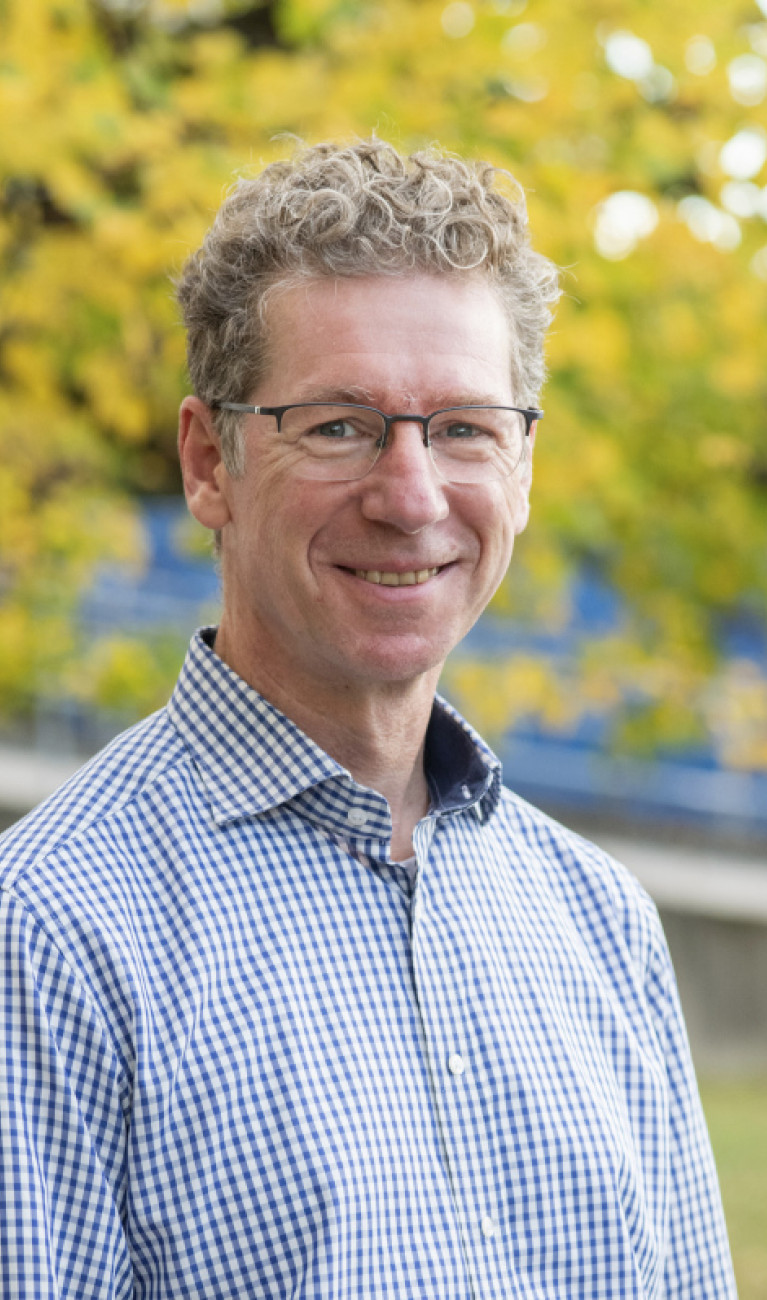
Dieter Stapf, Karlsruhe Institute of Technology (KIT)
“In order to protect the climate and the environment, we must urgently put a stop to the dumping and discarding of plastics. It is imperative that we create a sustainable circular economy for plastics, and that starts with waste collection. That is why we are conducting research on technologies such as chemical recycling. This would allow us in the future to recycle not only packaging, but also – above all – the many complex plastic products which are used for insulating buildings and building wind turbines, automobiles, and electrical appliances. An international plastics treaty that takes into account the entire life cycle of synthetic materials would be a critical step in the right direction.”
Prof. Dieter Stapf is the head of the Institute for Technical Chemistry at KIT. He performs research on recycling plastics.
